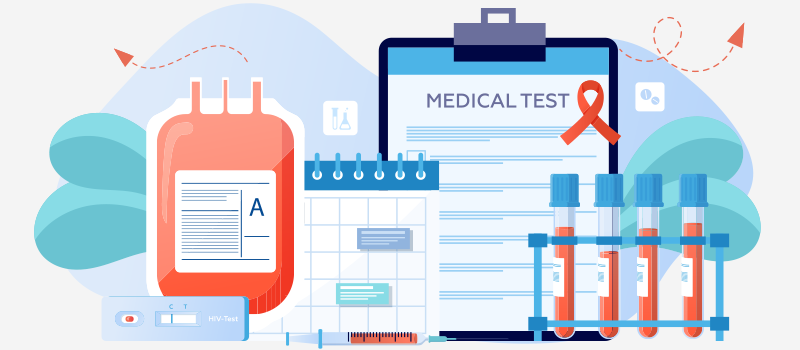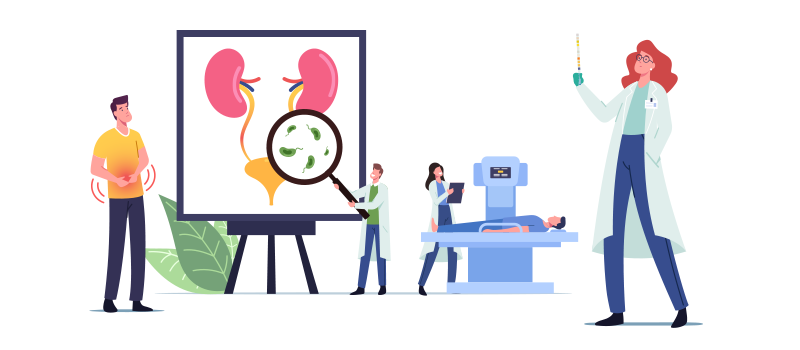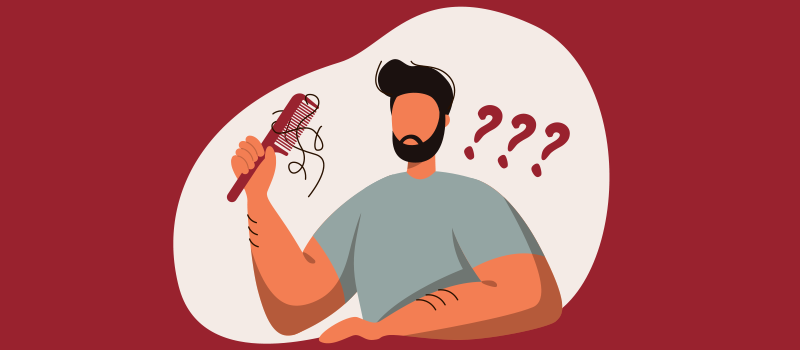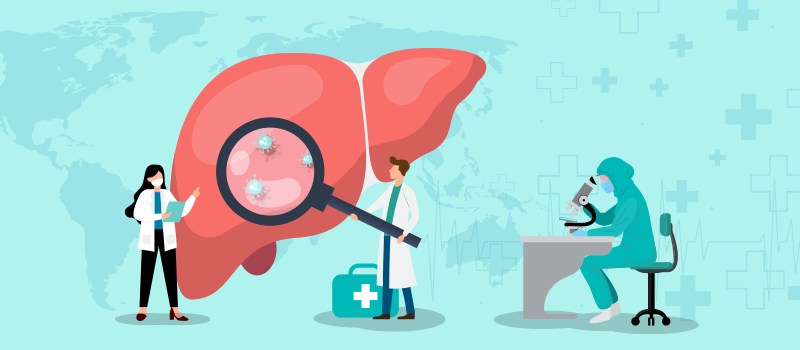What’s the Buzz
The Bee Healthy Blog
What Causes ED?

Erectile dysfunction, ED, or impotence is a common problem that affects more than 50% of men. Its prevalence increases with age-around 40% of men have ED at age 40 and 70% of men have it by age 70. Continue reading to learn more about erectile dysfunction—what causes it and the various treatment options available.
What is erectile dysfunction (ED)?
Erectile dysfunction is the inability to achieve or maintain an erection firm enough for satisfactory sexual intercourse or sexual activity. It is not uncommon for a man to have occasional problems with erections. However, if the erectile dysfunction ED is an ongoing issue, it is a cause for concern. Men with ED often develop low self-esteem due to poor sexual performance. The lack of self-confidence and sexual dysfunction can contribute to relationship problems. Importantly, problems with getting and keeping an erection can be a sign of potentially serious underlying health problems that should be diagnosed and treated.
It is somewhat difficult to treat erectile dysfunction because men with ED are embarrassed to talk about their sexual function and sex life. But seeing a doctor is important to figure out what is causing ED. Sometimes, treatment for an underlying health condition is all that is needed to reverse erectile dysfunction. There are a variety of treatment options available, ranging from surgical treatment for ED to treatment with oral prescription drugs.
What are the main causes of erectile dysfunction?
Sexual arousal in men is a complicated multi-step process that involves muscles, blood vessels, nerves, hormones, and emotions. A problem with any of these can make it difficult for a man to get an erection and keep an erection. The causes of erectile dysfunction can be both physical and psychological. Some of the common causes of ED include:
Physical causes of ED
- High blood pressure
- High cholesterol
- Atherosclerosis (blocked blood vessels)
- Heart disease
- Obesity
- Diabetes
- Chronic kidney disease
- Metabolic syndrome (high blood pressure, high cholesterol, high blood sugar, and excess body fat around the waist)
- Neurological conditions such as multiple sclerosis and Parkinson’s disease
- Tobacco use
- Alcoholism and other types of substance abuse
- A side effect of prescription medications
- Treatments for an enlarged prostate or prostate cancer
- Peyronie’s disease (scar tissue formation in the penis)
- Sleep disorders
- Low testosterone
- Surgery in the pelvic area or near the spinal cord
- Injuries to the nerves and blood vessels that control erections
Psychological causes of ED
- Relationship problems
- Stress
- Depression, anxiety, and other mental health conditions
Why is blood flow to the penis important?
A series of events need to take place for an erection to occur. The first is psychosexual stimulation, which is driven by the male sexual desire or libido. When a man’s mind is sexually stimulated, it sends signals to the penis. These nerve signals relax the muscles and blood vessels that supply blood to the penis. This, in turn, causes increased blood to flow into the penis, engorging it with blood, which is what causes an erection. After orgasm, the penis returns to the usual state of blood flow and becomes flaccid (soft). For this reason, a healthy blood supply to the penis is a critical factor in getting and maintaining an erection.
How do you fix erectile dysfunction?
The first step in fixing erectile dysfunction (ED) is to reduce your risk factors for this condition and treat any health conditions that may be causing it. This includes proper diagnosis and treatment of conditions such as diabetes, high blood pressure, obesity, and heart disease, which can increase your risk of ED. Treating these conditions can help restore erectile function. Lifestyle changes such as avoiding tobacco products and illicit drug use and drinking alcohol in moderation can also help to maintain good erectile function. Stress can lead to ED, so keeping it under control can reduce your risk of ED due to psychological causes.
Diagnosis
A doctor can diagnose erectile dysfunction based on your medical history and physical examination. They may sometimes order blood tests and/or urine tests to check testosterone levels and look for signs of diabetes and heart disease. An ultrasound may be necessary to visualize the blood vessels and identify any problems with blood flow in the penis.
Treatment
If your doctor identifies risk factors that can potentially cause ED, the first thing they will do is treat those health problems to see if it improves your ability to get an erection and keep an erection. Depending on the cause and severity of erectile dysfunction, several treatment options are available. Some of the prescription drugs and devices used to treat erectile dysfunction are listed below.
Medications
- Prescription drugs for erectile dysfunction include Viagra (sildenafil), Cialis (tadalafil), Levitra (vardenafil), and Stendra (avanafil). These tablets produce an erection in the presence of sexual stimulation.
- Injectable treatments for erectile dysfunction such as alprostadil (Caverject) involve injection of the medication at the base of the penis with a fine needle. Alprostadil is also available in suppository form (brand name Muse), which is inserted into the penis.
- Low levels of testosterone male hormone can cause ED. Testosterone replacement is used to treat erectile dysfunction in some men, either alone or in combination with other treatments.
Pumps, implants, and surgery
- A penis pump is a vacuum erection device that pulls blood into the penis, making it erect. A tension ring around the base of the penis helps maintain the erection long enough to have sexual intercourse.
- Penile implants are devices that are placed surgically in the penis. A penile implant consists of an inflatable or bendable rod that helps keep the penis firm.
- In some men, doctors may recommend vascular surgery to increase the flow of blood into the penis; however, this is a technically difficult operation that is not always successful.
Psychological counseling
Stress, anxiety, depression are known causes of erectile dysfunction ED. Erectile dysfunction can cause problems in a couple’s sex life, which can lead to stress, making it a vicious cycle. A psychologist or counselor can provide individual or couples counseling to help manage stress, anxiety, and depression. Counseling may also help when the sexual dysfunction is due to performance anxiety.
What is the fastest way to cure erectile dysfunction?
Lifestyle changes can help reduce your risk of erectile dysfunction. For example, obesity is a known risk factor for ED. Therefore, losing weight if you are overweight could help restore sexual function. Moderate to vigorous aerobic physical activity has been shown to reduce the risk of ED and can help with weight loss as well.
Erectile dysfunction is a distressing but treatable condition. Men with ED should see a doctor for proper diagnosis and treatment. Many risk factors can contribute to ED and the treatment depends on the cause.
References:











SOCIAL